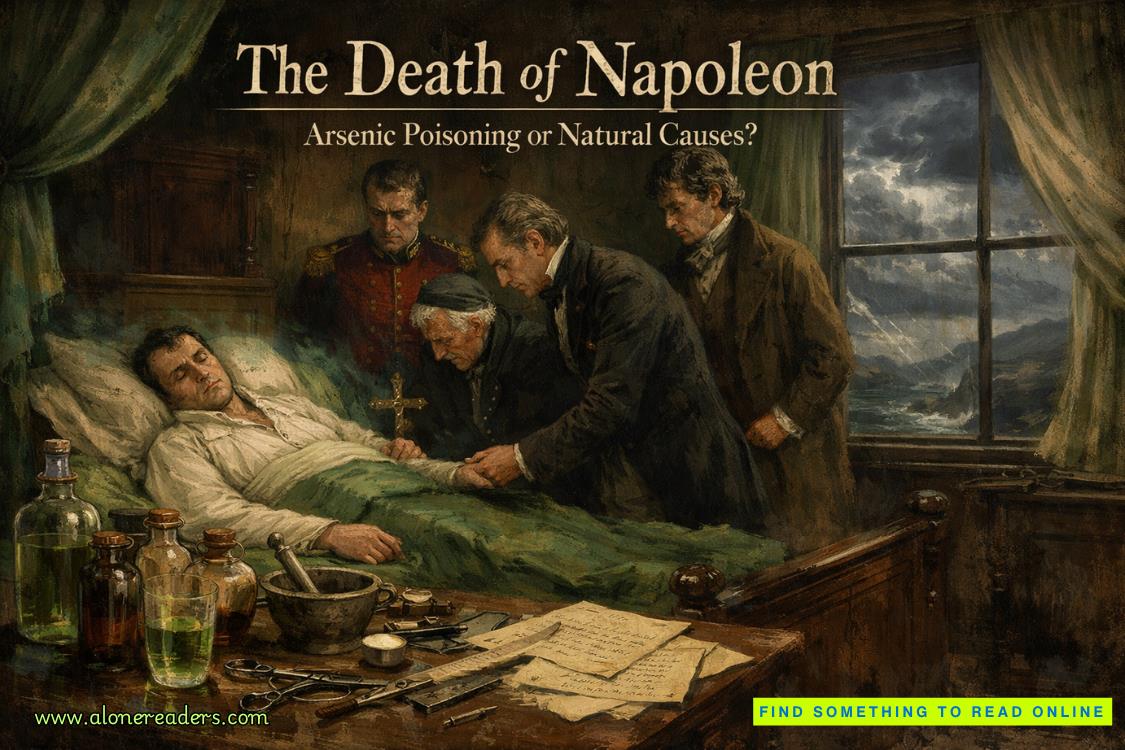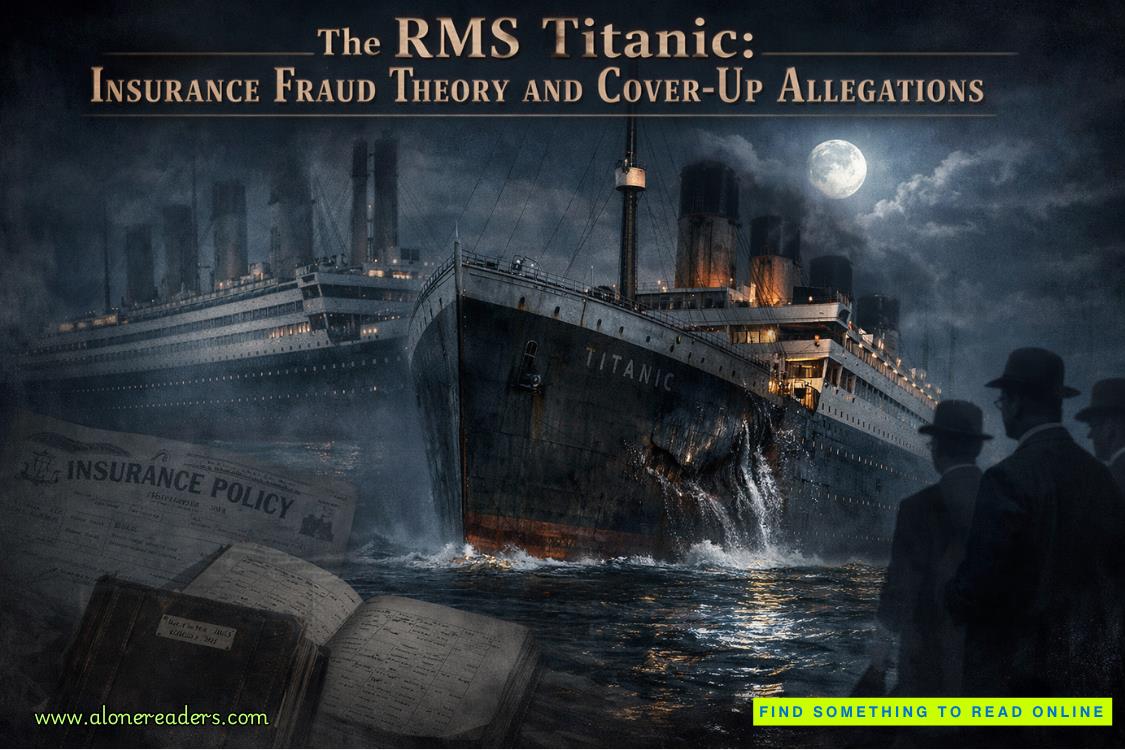Mary-Ann wasn’t sure yet what she was gaining. But she knew what she wouldn’t surrender.
She crossed to her wardrobe, opened the drawer where she kept her work apron, and set it carefully atop the desk. Not because she needed it, but because she might. She tied her hair back with practiced ease. The tide was shifting. She could feel it. And this time, she wouldn’t let it pull her under.
She hadn’t asked what Quinton discovered. She wished she had.
He was looking for something. So was she. Maybe they weren’t so far apart after all.
And for the first time, she found herself wondering what Quinton had learned at the docks.
Chapter Eighteen
Sunday morning, asstorm clouds began their slow dance offshore, the distant tide echoed her inner turmoil. The door to Lord Barrington’s townhouse opened with a smooth efficiency that seemed to mirror the man himself. Mary-Ann stepped inside, greeted by the crisp scent of lavender polish and parchment, the hush of carpets softening every sound. The light was soft and diffused, catching the trim of each corniced wall, and the brass door hinges gleamed without a smudge. Even the ticking of the hallway clock seemed to hesitate, muffled beneath the plush runner. She folded Barrington’s note again and slipped it into her reticule, the creased paper warm from her palm.
“Welcome back to Sommer Chase, Miss Seaton,” Mr. Sanderson, the butler, said, his voice smooth and familiar. She remembered him now, the way he always seemed to anticipate needs before they were spoken.
“This way, Miss Seaton.”
She followed, her gloves tucked neatly in one hand, her shawl knotted with deliberate care. The townhouse was handsome but not ostentatious. Dark wood, narrow hall tables, the occasional gleam of silver. it felt like a place where things were done quietly but thoroughly, just like the man who owned it.
They reached a receiving room framed with high windows and lined shelves. The butler gestured toward a settee, then disappeared without a sound. Mary-Ann remained standing for a moment, her gaze sweeping the quiet space. She recognizedthe clean order of the room, the kind where decisions were made, and secrets were stored. This wasn’t the kind of parlor where women were expected to sit and embroider politely. She had once sat in such rooms beside her mother, listening to conversations she wasn’t meant to understand. This was different. She wasn’t here to listen. She was here to speak.
Her eyes trailed along the bookshelves. There were treatises, reports, and a brass compass resting on a leather-bound logbook. This wasn’t a gentleman’s idle library. This was a room of function, not ornament.
Somewhere down the corridor, a door clicked open, and the faintest ripple of voices echoed, a light female voice, followed by a deeper one she didn’t recognize. Mrs. Bainbridge, perhaps. There was a laugh, then a muttered exclamation about guest lists. Mary-Ann allowed herself the smallest smile. Mrs. Bainbridge, it seemed, was still fending off wedding mayhem.
She wished, briefly, that she could ask Mrs. Bainbridge what Quinton had discovered at the docks, what she thought of it, what Barrington thought of it. But this visit was not about wishes. It was about facts.
She turned toward the window, letting the soft light calm her nerves. The folio remained hidden behind the wainscoting at home. She had brought nothing with her, not yet. But a name lingered on her tongue. A ship name. One that had appeared more than once in the booklet’s tight scrawl.
The Redwake.
Before she could second-guess herself, the door opened.
“Miss Seaton.”
Lord Barrington entered with his usual composed precision. He wore no medals, no ceremonial cravat, just a well-cut coat, waistcoat, and the expression of a man who preferred clarity over charm.
“I appreciate you coming,” he said, gesturing to a chair across from his desk.
Mary-Ann dipped her head slightly, then sat.
“You said this concerned a matter Quinton raised.”
“It does.” Barrington poured her a cup of tea, then his own. “Though he’s not the only one who’s noticed certain…irregularities.”
She lifted her brows. “Irregularities?”
“Letters lost. Receipts misplaced. Crates that left the yard properly marked and weighed but arrived without record. It’s subtle. Carefully done. But there’s a pattern.”
Mary-Ann wrapped her hands around her teacup. “And Quinton saw this at the docks?”
Barrington gave a brief nod. “He followed a discrepancy backward. Quietly. He said he remembered your ledgers always being more precise than the daybooks he reviewed. That your notations flagged inconsistencies the foremen tended to miss.”
A flicker of warmth passed through her, unexpected and deeply personal. She wondered if Quinton had really remembered her notes or if Barrington had embellished them for the sake of trust. But the sentiment stayed with her, small and steady. Once, she had combed through ledgers by candlelight while others slept, driven by instinct and precision. And now, those hours were no longer just duty. They were proof.
“I’d like to show you something,” Barrington said, rising.
He crossed to a cabinet and returned with a slim stack of folios. “I’ve had my man make copies of a few manifests from the past three months. All are connected to the same shipping lane. Northbound. All with unverified cargo adjustments.”















